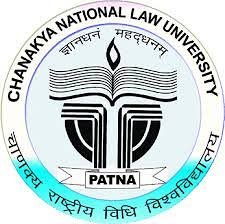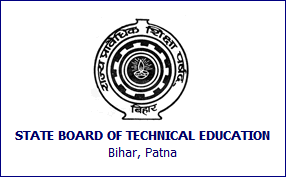 CHANAKYA NATIONAL LAW UNIVERSITY
CHANAKYA NATIONAL LAW UNIVERSITY
LL.M. (Master of Laws)
Type of Degree : LL.M.
Type of Course: Post Graduate
Duration of Course : One year Course, Full time, Semester system
Course Description: LL.M. one year course Semester system. Regular Mode.
Admission Eligibility: (a) A candidate for admission to LL.M. course should have passed an Undergraduate Degree in Law (i.e. 3 Years LL.B./Five Years Integrated LL.B. (Hons.)/ any other equivalent degree with the following Marks/Equivalent Grade:
1. Fifty Five percent (55%) marks in the aggregate of the maximum marks prescribed in the case of candidates belonging to Unreserved/OBC/Specially Abled Persons (SAP) and other categories, and
2. Fifty percent (50%) marks in case of candidates belonging to SC/ST category,
(b) The candidate must have passed/appeared in the final semester/final year examination of the qualifying degree on the date of the entrance test. However, the candidate who appeared in the qualifying examination, must submit final result on the date and at time of admission.
Admission Procedure : Candidate will have to apply online Application Form available on our website www.cnlu.ac.in . The candidate shall make the following an online payment of Rs. 2,500/- (Rupees Two Thousand Five
Hundred only) for General/OBC/SAP and Rs. 2000/ (Two Thousand Only) for SC/ST towards the entrance examination fee, which is nonrefundable. The link is available on the website for Online application www.cnlu.ac.in .
Apply online LLM CLNU Started
LL.M. (Master of Laws) Entrance Examination
Total Seats: 30 (Thirty) (15 Seats General, 15 Seats Reserved (SC/ST/EBC/BC/WBC)
Pattern of Questions Papers for admission to LL.M. Programme
The pattern of the question paper for admission to LL.M. Course is as under:
a) Maximum Marks : 150
b) Duration of Examination : 2.30 Hours
c) Multiple Choice Questions : 100 of one mark each (90 Minutes)
d) Short answer questions : 5 of 10 marks each (60 Minutes)
e) Syllabus : Questions will be asked from the following areas of law:
(Such as Jurisprudence, Constitutional Law, Contract, Torts,
Criminal Law, International Law, Environmental Law, Human
Rights, Corporate Law and Intellectual Property Law)





